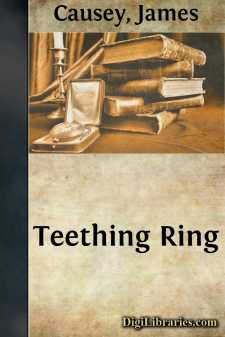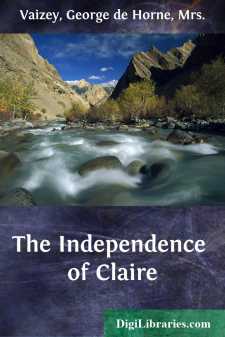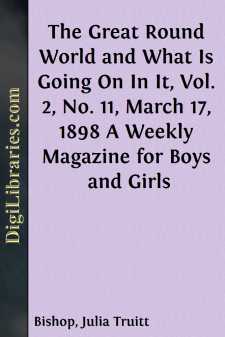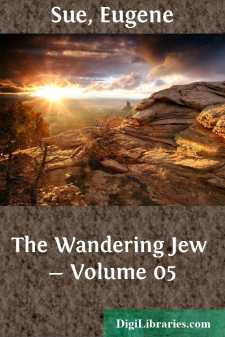Categories
- Antiques & Collectibles 13
- Architecture 36
- Art 48
- Bibles 22
- Biography & Autobiography 813
- Body, Mind & Spirit 142
- Business & Economics 28
- Children's Books 17
- Children's Fiction 14
- Computers 4
- Cooking 94
- Crafts & Hobbies 4
- Drama 346
- Education 46
- Family & Relationships 57
- Fiction 11829
- Games 19
- Gardening 17
- Health & Fitness 34
- History 1377
- House & Home 1
- Humor 147
- Juvenile Fiction 1873
- Juvenile Nonfiction 202
- Language Arts & Disciplines 88
- Law 16
- Literary Collections 686
- Literary Criticism 179
- Mathematics 13
- Medical 41
- Music 40
- Nature 179
- Non-Classifiable 1768
- Performing Arts 7
- Periodicals 1453
- Philosophy 64
- Photography 2
- Poetry 896
- Political Science 203
- Psychology 42
- Reference 154
- Religion 513
- Science 126
- Self-Help 84
- Social Science 81
- Sports & Recreation 34
- Study Aids 3
- Technology & Engineering 59
- Transportation 23
- Travel 463
- True Crime 29
Sort by:
[5] Last year had well advanced towards its middle—in fact it was already April, 1888—before Mr. Froude's book of travels in the West Indies became known and generally accessible to readers in those Colonies. My perusal of it in Grenada about the period above mentioned disclosed, thinly draped with rhetorical flowers, the dark outlines of a scheme to thwart political aspiration in the...
more...
by:
James Causey
Half an hour before, while she had been engrossed in the current soap opera and Harry Junior was screaming in his crib, Melinda would naturally have slammed the front door in the little man's face. However, when the bell rang, she was wearing her new Chinese red housecoat, had just lustered her nails to a blinding scarlet, and Harry Junior was sleeping like an angel. Yawning, Melinda answered the...
more...
“I’ll have to do it.” Claire Gifford stood in the salon of the Brussels pension which had been her home for the last three years, and bent her brows in consideration of an all-absorbing problem. “Can I marry him?” she asked herself once and again, with the baffling result that every single time her brain answered instantly, “You must!” the while her heart rose up in rebellion, and cried,...
more...
by:
Anonymous
LITTLE JANE AND THE POOR MAN. This is little Jane Anderson and her sister. They have been out this morning to take a walk. As they were coming home they saw a poor man lying upon the ground. He was lame, and unable to walk. Jane and her sister felt very sorry for him, and when they were about leaving they gave him a few pennies which they had in their bags.—This was very kind in the little girls. We...
more...
Spain and the Cuban situation continue to form the great centres of interest in this week's news. With the continuation of active preparations on the part of the United States and Spain, the crisis seems to be rapidly approaching. It is to be hoped that each will succeed in making itself so strong that war may be averted because of its probable magnitude. The presence of two strong fleets, opposed...
more...
by:
Herbert Strang
Lieutenant George Underhill, commanding H.M. surveying ship Albatross, had an unpleasant shock when he turned out of his bunk at daybreak one morning. The barometer stood at 29.41'. For two or three days the vessel had encountered dirty weather, but there had been signs of improvement when he turned in, and it was decidedly disconcerting to find that the glass had fallen. His vessel was a small...
more...
by:
Basil Hall
PREFACE. The following work contains a Narrative of the Voyage to the West Coast of Corea, and the Great Loo-choo Island; an Appendix, containing Nautical details; and a Vocabulary of the Language spoken at Loo-choo. In drawing up the Narrative from journals written at the time, I have derived great assistance from notes made by Lieutenant H.J. Clifford, of the Navy. This officer obtained permission...
more...
by:
Various
The Negroes of Cincinnati Prior to the Civil War The study of the history of the Negroes of Cincinnati is unusually important for the reason that from no other annals do we get such striking evidence that the colored people generally thrive when encouraged by their white neighbors. This story is otherwise significant when we consider the fact that about a fourth of the persons of color settling in the...
more...
by:
Eugene Sue
About two hours before the event last related took place at St. Mary's Convent, Rodin and Abbe d'Aigrigny met in the room where we have already seen them, in the Rue du Milieu-des-Ursins. Since the Revolution of July, Father d'Aigrigny had thought proper to remove for the moment to this temporary habitation all the secret archives and correspondence of his Order—a prudent measure,...
more...
PART ITHE CUBHOOD OF WAHB I e was born over a score of years ago, away up in the wildest part of the wild West, on the head of the Little Piney, above where the Palette Ranch is now. His Mother was just an ordinary Silvertip, living the quiet life that all Bears prefer, minding her own business and doing her duty by her family, asking no favors of any one excepting to let her alone. It was July before...
more...











